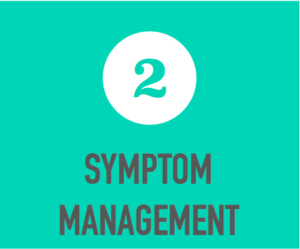Although advancements within the medical community are continually improving the quality of life and prognosis for patients with MMIHS, there are still complications that can arise.
Infection and Sepsis
Patients who have MMIHS can be at a higher risk for infections due to their dependence on CIC and TPN.
CIC can lead to reoccurring Urinary Tract Infections and the use of TPN can lead to a central line infection.
An ongoing threat to any person who is at risk for infection is sepsis. Sepsis occurs when the body attempts to fight an infection by releasing chemicals into the bloodstream which triggers a chain of reaction that can damage multiple organ systems if not caught and treated in time.
In addition, hydronephrosis is another complication related to MMIHS that if not treated properly can lead to renal failure.
TPN Complications
TPN specifically comes with serious risks and can lead to extreme complications such as:
Central Line Infections- Patients who use TPN have an IV line directly to their heart which delivers the nutrients. An infection in or around this line is life threatening, if not treated immediately. Also, there are only 6 lines in a person’s body that can tolerate the TPN/lipids. The more times they are infected, the more likely a person will lose access to them.
Liver Damage- Like anyone, a person on TPN needs fat to stay alive. Unfortunately, the fats in the TPN cause inflammation of the liver, which, over time, can cause severe liver damage and failure. There are a couple new forms of lipids (Omegaven and SMOF) that are currently being developed and in the clinical trial phase which have seen better results in preserving liver function while using TPN.
Blood Clots– Anytime a foreign object is introduced to a body, that person becomes at risk for blood clots. Patients who are reliant on TPN have a line in them at all times which means they are at higher risk for blood clots. Blood clots can lead to loss of veins which means no access for the TPN.



